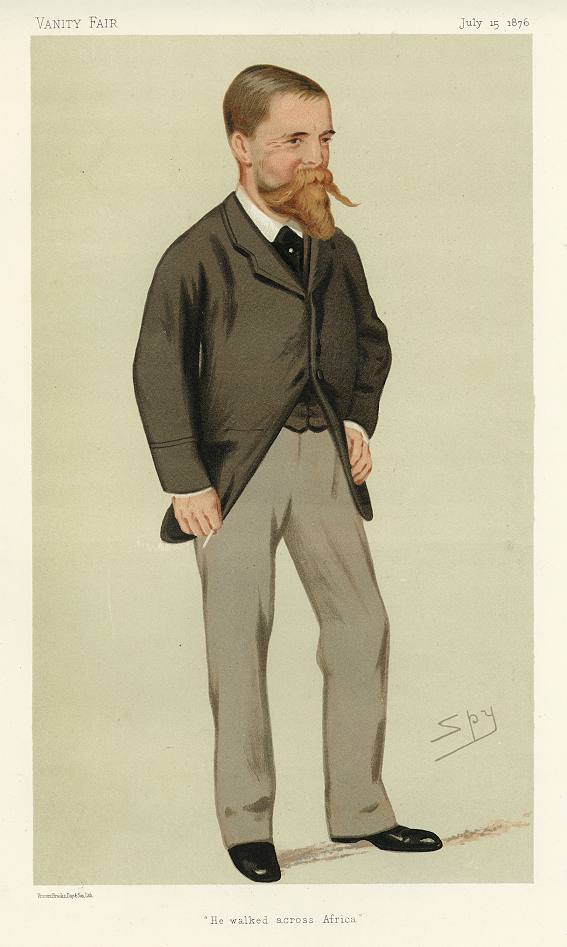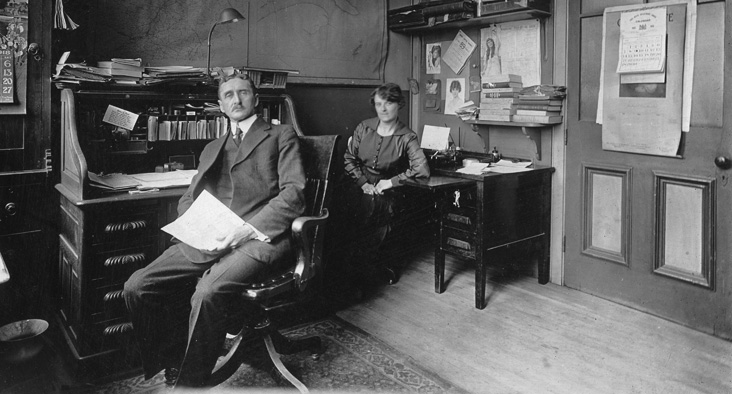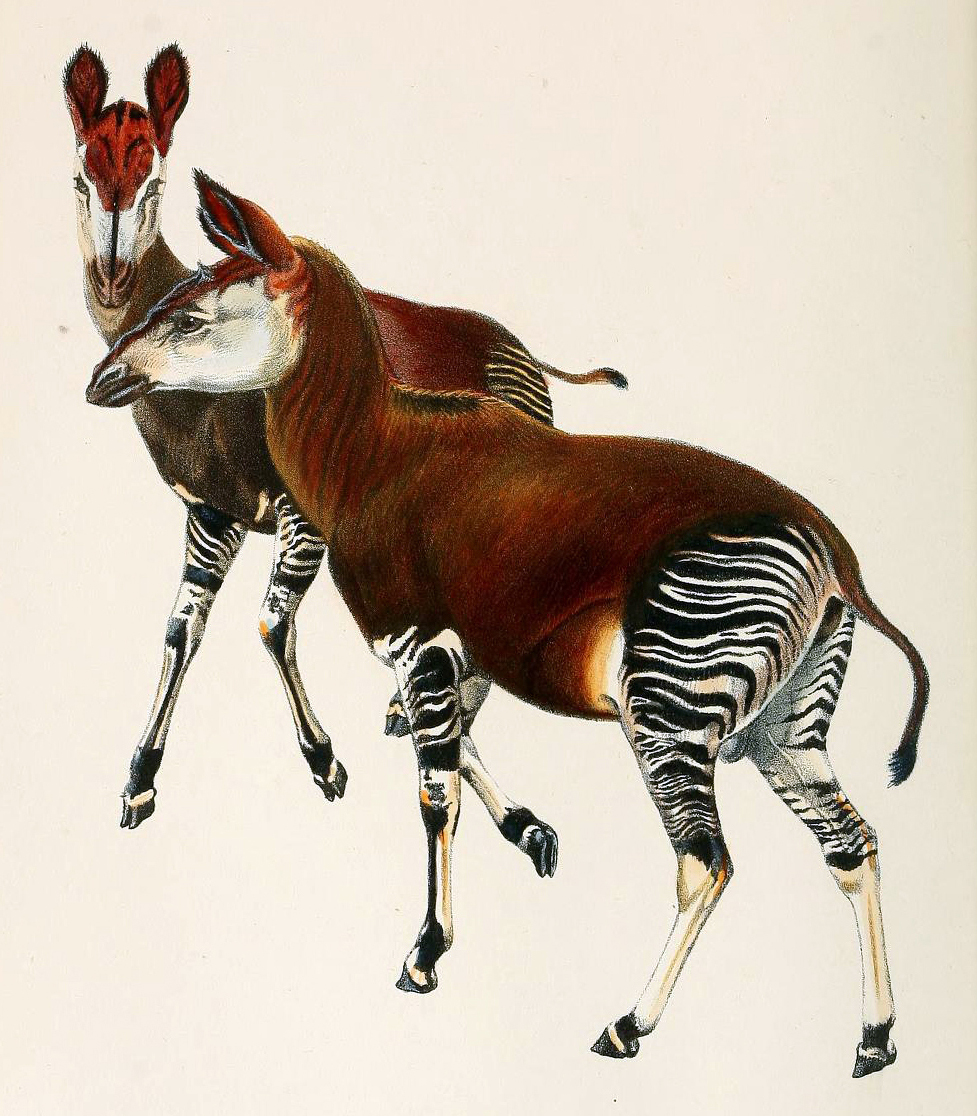|
Mbala, Zambia
Mbala is Zambia's most northerly large town and seat of Mbala District in Northern Province, Zambia, Northern Province, occupying a strategic location close to the border with Tanzania and controlling the southern approaches to Lake Tanganyika, 40 km by road to the north-west, where the port of Mpulungu is located. It had a population of about 20,000 in 2006. Under the name Abercorn, Mbala was a key outpost in British Empire, British colonial control of this part of south-central Africa.''The Northern Rhodesia Journal''Vol 4 No 6(1961) pp. 515–527. Hope and Marion Gamwell: ”The History of Abercorn”. Accessed 7 March 2007. History A number of archaeological sites in the area (such as at Kalambo Falls) provides a record of human activity in the Mbala area over the past 300,000 years. Before colonial times, Mbala was the village of Chief Zombe on the Lucheche River. It became the focus of British interest as a result of travels by the explorer David Livingstone, the firs ... [...More Info...] [...Related Items...] OR: [Wikipedia] [Google] [Baidu] |
List Of Populated Places In Zambia
This is a list of cities, towns, villages and Mission (station), missions in Zambia. Cities Other towns, villages and missions *Chadiza *Chama, Zambia, Chama *Chambishi *Chavuma *Chembe *Chibombo *Chiengi *Chilanga (Lusaka), Zambia, Chilanga, Lusaka *Chilanga, Zambia, Chilanga, Muchinga *Chilonga *Chilubi *Chililabombwe *Chingola *Chinsali *Chinyingi *Chirundu, Zambia, Chirundu *Chisamba *Choma, Zambia, Choma *Chozi, Zambia, Chozi *Gwembe *Isoka *Kabompo *Kabwe *Kafue *Kafulwe *Kalabo *Kalene Hill *Kalomo *Kalulushi *Kanyembo *Kaoma, Zambia, Kaoma *Kapiri Mposhi *Kasama, Zambia, Kasama *Kasempa *Kashikishi *Kataba *Katete *Kawambwa *Kazembe (Mwansabombwe) *Kazungula *Luangwa, Zambia, Luangwa *Luanshya *Lufwanyama *Lukulu *Lundazi *Maamba *Macha Mission *Mansa, Zambia, Mansa *Mazabuka *Mbala, Zambia, Mbala *Mbereshi *Mfuwe *Milenge, Zambia, Milenge *Mkushi *Mongu *Monze *Mpika *Mporokoso *Mpulungu *Mufulira *Mumbwa *Muyombe *Mwandi *Mwinilunga *Nakonde *Nchelenge *Ngoma, Zambia ... [...More Info...] [...Related Items...] OR: [Wikipedia] [Google] [Baidu] |
Verney Lovett Cameron
Verney Lovett Cameron (1 July 184424 March 1894) was an English traveller in Central Africa and the first European to cross (1875) equatorial Africa from sea to sea. Biography He was born at Radipole, near Weymouth, Dorset, son of Rev Jonathan Lovett Cameron and Frances Sapte. He entered the Royal Navy in 1857, served in the Abyssinian campaign of 1868, and was employed for a considerable time in the suppression of the East African slave trade. The experience thus obtained led to his being selected to command an expedition sent by the Royal Geographical Society in 1873, to assist Dr Livingstone. He was also instructed to make independent explorations, guided by Livingstone's advice. Soon after the departure of the expedition from Zanzibar, a caravan of about 80 led by Chuma and Susi were met bearing the dead body of the reverend doctor. Cameron's two European companions, Dr William Edward Dillon, surgeon in the Royal Navy, and Lieutenant Cecil Murphy of the Royal Artill ... [...More Info...] [...Related Items...] OR: [Wikipedia] [Google] [Baidu] |
Postmaster
A postmaster is the head of an individual post office, responsible for all postal activities in a specific post office. When a postmaster is responsible for an entire mail distribution organization (usually sponsored by a national government), the title of Postmaster General is commonly used. Responsibilities of a postmaster typically include management of a centralized mail distribution facility, establishment of letter carrier routes, supervision of letter carriers and clerks, and enforcement of the organization's rules and procedures. The postmaster is the representative of the Postmaster General in that post office. In Canada, many early places are named after the first postmaster. History In the days of horse-drawn carriages, a postmaster was an individual from whom horses and/or riders (known as postilions or "post-boys") could be hired. The postmaster would reside in a "post house". The first Postmaster General of the United States was the notable founding father ... [...More Info...] [...Related Items...] OR: [Wikipedia] [Google] [Baidu] |
Magistrate
The term magistrate is used in a variety of systems of governments and laws to refer to a civilian officer who administers the law. In ancient Rome, a '' magistratus'' was one of the highest ranking government officers, and possessed both judicial and executive powers. In other parts of the world, such as China, magistrate is a word applied to a person responsible for administration over a particular geographic area. Today, in some jurisdictions, a magistrate is a judicial officer who hears cases in a lower court, and typically deals with more minor or preliminary matters. In other jurisdictions (e.g., England and Wales), magistrates are typically trained volunteers appointed to deal with criminal and civil matters in their local areas. Original meaning In ancient Rome, the word '' magistratus'' referred to one of the highest offices of state. Analogous offices in the local authorities, such as '' municipium'', were subordinate only to the legislature of which they generally ... [...More Info...] [...Related Items...] OR: [Wikipedia] [Google] [Baidu] |
Boma (enclosure)
A boma is a livestock enclosure, community enclosure, stockade, corral, small fort or a district government office, commonly used in many parts of the African Great Lakes region, as well as Central Africa, Central and Southern Africa. It is particularly associated with community decision making. The word originally may be from Bantu languages, Bantu or Persian language, Persian, and it has been incorporated into many African languages, as well as race for Africa, colonial varieties of English language, English, French language, French and German language, German. As a livestock enclosure, a ''boma'' is the equivalent of ''kraal''. The former term is used in areas influenced by the Swahili language, and the latter is employed in areas influenced by Afrikaans language, Afrikaans. In the form of fortified villages or camps, ''bomas'' were commonplace in Central Africa in the 18th and 19th century. They were commonplace throughout Africa, including in areas affected by the His ... [...More Info...] [...Related Items...] OR: [Wikipedia] [Google] [Baidu] |
Consul (representative)
A consul is an official representative of a government who resides in a foreign country to assist and protect citizens of the consul's country, and to promote and facilitate commercial and diplomatic relations between the two countries. A consul is generally part of a government's diplomatic corps or Diplomatic service, foreign service, and thus enjoys certain privileges and protections in the host state, albeit without full diplomatic immunity. Unlike an ambassador, who serves as the single representative of one government to another, a state may appoint several consuls in a foreign nation, typically in major cities; consuls are usually tasked with providing assistance in bureaucratic issues to both citizens of their own country traveling or living abroad and to the citizens of the country in which the consul resides who wish to travel to or trade with the consul's country. Origin and history Antecedent: the classical Greek ''proxenos'' In classical Greece, some of the f ... [...More Info...] [...Related Items...] OR: [Wikipedia] [Google] [Baidu] |
Colonialism
Colonialism is the control of another territory, natural resources and people by a foreign group. Colonizers control the political and tribal power of the colonised territory. While frequently an Imperialism, imperialist project, colonialism can also take the form of settler colonialism, whereby settlers from one or multiple colonizing metropoles occupy a territory with the intention of partially or completely supplanting the existing population. Colonialism developed as a concept describing European colonial empires of the modern era, which spread globally from the 15th century to the mid-20th century, spanning 35% of Earth's land by 1800 and peaking at 84% by the beginning of World War I. European colonialism employed mercantilism and Chartered company, chartered companies, and established Coloniality of power, coloniality, which keeps the colonized socio-economically Other (philosophy), othered and Subaltern (postcolonialism), subaltern through modern biopolitics of Heterono ... [...More Info...] [...Related Items...] OR: [Wikipedia] [Google] [Baidu] |
Memorial Mbala
A memorial is an object or place which serves as a focus for the memory or the commemoration of something, usually an influential, deceased person or a historical, tragic event. Popular forms of memorials include landmark objects such as homes or other sites, or works of art such as sculptures, statues, fountains or parks. Larger memorials may be known as monuments. Types The most common type of memorial is the gravestone or the memorial plaque. Also common are war memorials commemorating those who have died in wars. Memorials in the form of a cross are called intending crosses. Online memorials are often created on websites and social media to allow digital access as an alternative to physical memorials which may not be feasible or easily accessible. When somebody has died, the family may request that a memorial gift (usually money) be given to a designated charity, or that a tree be planted in memory of the person. Those temporary or makeshift memorials are also called gra ... [...More Info...] [...Related Items...] OR: [Wikipedia] [Google] [Baidu] |
Nyasaland
Nyasaland () was a British protectorate in Africa that was established in 1907 when the former British Central Africa Protectorate changed its name. Between 1953 and 1963, Nyasaland was part of the Federation of Rhodesia and Nyasaland. After the Federation was dissolved, Nyasaland became independent from Britain on 6 July 1964 and was renamed Malawi. Nyasaland's history was marked by the massive loss of African communal lands in the early colonial period. In January 1915, the Reverend John Chilembwe staged Chilembwe uprising, an attempted rebellion to protest against colonial forced labour and discrimination against Africans, among other grievances. Although the rebellion was unsuccessful, colonial authorities responded by reassessing some of their policies. Throughout the 1930s, a growing class of educated African elite, many educated in the United Kingdom, became increasingly politically active and vocal about gaining independence. They established associations and, after 19 ... [...More Info...] [...Related Items...] OR: [Wikipedia] [Google] [Baidu] |
Harry Johnston
Sir Harry Hamilton Johnston (12 June 1858 – 31 July 1927) was a British explorer, botanist, artist, colonial administrator, and linguist who travelled widely across Africa to speak some of the languages spoken by people on that continent. He published 40 books on subjects related to the continent of Africa and was one of the key players in the Scramble for Africa that occurred at the end of the 19th century. Early years Johnston was born at Kennington Park, south London, the son of John Brookes Johnstone and Esther Laetitia Hamilton. He attended Stockwell grammar school and then King's College London, followed by four years studying painting at the Royal Academy. In connection with his studies, he travelled to Europe and North Africa, visiting the little-known (by Europeans) interior of Tunisia. Exploration in Africa In 1882, he visited southern Angola with the Earl of Mayo, and in the following year met Henry Morton Stanley in the Congo, becoming one of the first Europ ... [...More Info...] [...Related Items...] OR: [Wikipedia] [Google] [Baidu] |
British Government
His Majesty's Government, abbreviated to HM Government or otherwise UK Government, is the central government, central executive authority of the United Kingdom of Great Britain and Northern Ireland.Overview of the UK system of government : Directgov – Government, citizens and rights Archived direct.gov.uk webpage. Retrieved on 29 August 2014. The government is led by the Prime Minister of the United Kingdom, prime minister (Keir Starmer since 5 July 2024) who appoints all the other British Government frontbench, ministers. The country has had a Labour Party (UK), Labour government since 2024 United Kingdom general election, 2024. The ... [...More Info...] [...Related Items...] OR: [Wikipedia] [Google] [Baidu] |
History Of Slavery
The history of slavery spans many cultures, nationalities, and Slavery and religion, religions from ancient times to the present day. Likewise, its victims have come from many different ethnicities and religious groups. The social, economic, and legal positions of slaves have differed vastly in different systems of slavery in different times and places. Slavery has been found in some hunter-gatherer populations, particularly as hereditary slavery, but the conditions of agriculture with increasing social and economic complexity offer greater opportunity for mass chattel slavery. Slavery was institutionalized by the time the first civilizations emerged (such as Sumer in Mesopotamia, which dates back as far as 3500 BC). Slavery features in the Mesopotamian ''Code of Hammurabi'' (c. 1750 BC), which refers to it as an established institution. Slavery was widespread in the ancient world in Europe, Asia, the Middle East, and Africa. and the Americas. Slavery became less common thro ... [...More Info...] [...Related Items...] OR: [Wikipedia] [Google] [Baidu] |








